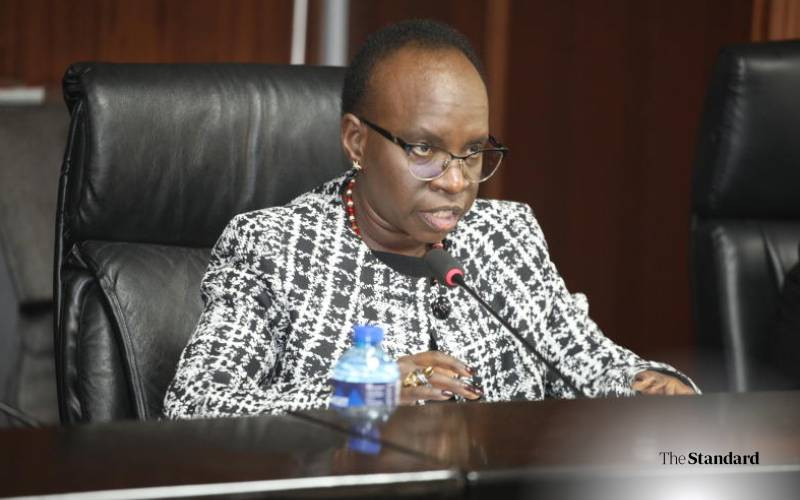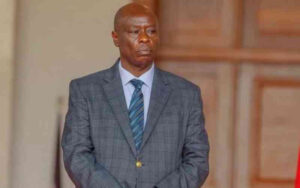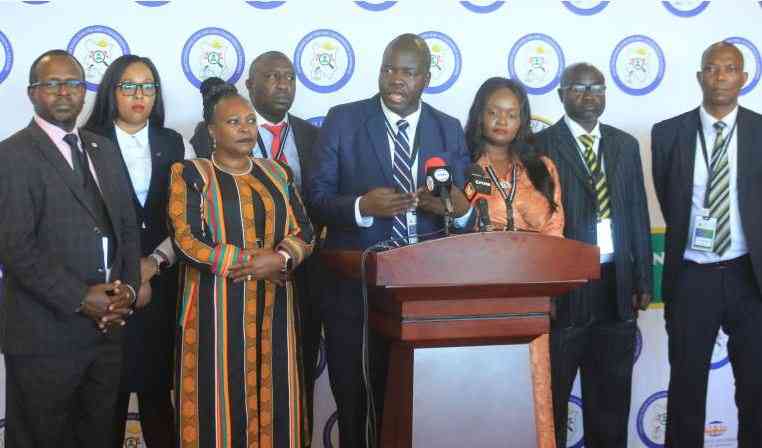The Fish Levy Trust Fund has come under scrutiny for operating without a board of trustees for the year ending June 30, 2023.
When the Special Funds Accounts committee held a meeting with the Trust Fund, it emerged that the Fund had no Board of Trustees during the year under review, contrary to Section 28(4) of the Fisheries Management and Development Act, 2016.
The Act states that the Fund is to be administered by a five-member Board of Trustees nominated through an open and competitive process and that they shall meet the requirements of Chapter Six of the Constitution.
According to the Auditor General, the absence of a board of trustees came in the way of the Fund’s strategic direction and decisions.
But the management, led by the Acting Chief Executive Officer of the Fund, Dr Beatrice Akunga, said they concurred with the Auditor-General’s observations, but action was being taken.
She presented correspondence showing that the Fund had reached out to the relevant authorities for guidance.
“The Fund, however, communicated to the appointing authority on the need to appoint the board of trustees upon expiry of their term. As at the time of the audit, we had not received communication on the same,” Akunga said.
The Auditor-General has flagged the absence of work tickets for the Fund’s official vehicle, and the Committee gave the management a seven-day deadline to furnish this documentation.
According to the Auditor General, the statement of financial performance for the year ending June 30, 2023, reflects the use of goods and services amounting to Sh19.9 million, which includes fuel and oil expenditure of Sh691,000.
However, these expenditures relating to fuel and oil were not supported by appropriate documents.
But the Akunga explained the Fund has one motor vehicle, which is not sufficient to carry out all their activities.
“The Fund relies on borrowed vehicles from other departments. At the time of the audit, the Fund had not accessed all the work tickets of the borrowed vehicles. We have now attached all work tickets to account for the Sh691,000,” she explained.
The Auditor General also raised the late submission of Financial Statements during the same period. According to the report, financial statements for the year under review were submitted to the Auditor-General on October 2, 2023.
This was contrary to Section 47(1) of the Public Audit Act, 2015 which provides that the financial statements required under the Constitution, the Public Finance Management Act, 2012 and any other legislation, shall be submitted to the Auditor-General within three months after the end of the fiscal year to which the accounts relate.
Stay informed. Subscribe to our newsletter
“This was the Fund’s first financial report submission. The anomaly was identified and corrected in the subsequent Financial Year ended 2024,” the management explained.
Another query raised was on the issuance of multiple imprests.
According to the report, review of the records revealed staff were being issued with additional imprests while still holding other unsurrendered imprests.
Which is contrary to Regulation 93(8) of the Public Finance Management (National Government) Regulations, 2015 that provides to effectively and efficiently manage and control the issues of temporary imprests, an accounting officer or AIE holder shall ensure that no second imprests are issued to any officer before the first imprest is surrendered or recovered in full from his or her salary.
“The activities of the Fund are planned accordingly in our work plan. However, due to the delays in receipt of the exchequer, the payment of pending imprests overlapped,” stated Akunga.
The Committee noted that the audit concerns require urgent attention, maintaining that the Fund is critical in the fishing sector.
The Special Funds Accounts Committee, chaired by Mbooni MP Kivasu Nzioka, called on the Fund to strengthen its accountability systems and fast-track efforts to fully operationalise it.
Akunga told the Committee that although the Fund currently receives Sh3 million per quarter, projections indicate it could generate up to Sh1.2 billion annually once it becomes fully operational in the upcoming financial year.
“This funding is meant to provide additional support to Kenya’s fisheries sector, which includes fish farmers, traders, and other players in the blue economy,” she said.
The Committee has since urged the Fund to invest in outreach programmes to educate farmers on sustainable fish farming practices and provide essential safety equipment, including life jackets for those operating in open waters.
Akunga was further tasked to submit a clear roadmap outlining how the Fund will be fully operationalised, with the aim of improving livelihoods and promoting food security through a vibrant fishing industry.

























